Veterinary Clinic
Ensuring a balanced and nutritious diet is crucial for maintaining the health and well-being of our feline companions. As responsible cat owners, we must be aware of the right foods to include in our cats’ diets to promote optimal nutrition. In this article, brought to you by Petinary Clinic with over 40 years of experience in caring for Wisconsin’s animals, we present a comprehensive list of 10 good foods that can benefit your cat’s nutrition. Read on to discover how you can provide the best dietary support for your beloved feline friend.
High-Quality Protein
Cats are obligate carnivores, meaning they require a diet rich in animal protein. High-quality protein sources like lean meats, poultry, and fish are essential for their overall health. These protein sources provide vital amino acids necessary for muscle growth, maintenance, and repair.
Chicken
Chicken is an excellent source of lean protein for cats. It is highly digestible and provides essential amino acids, vitamins, and minerals. Ensure the chicken is cooked thoroughly, removing any bones, skin, and seasonings that may be harmful to your cat’s health.
Fish
Fish such as salmon and tuna are rich in omega-3 fatty acids, which promote healthy skin and a shiny coat. However, it’s important to note that fish should be given in moderation due to its potential mercury content. Cooked fish without bones is the safest option.
Eggs
Eggs are a fantastic source of high-quality protein and contain amino acids beneficial for cats. They also offer essential nutrients like vitamin B12 and riboflavin. Cooked eggs are recommended to avoid the risk of salmonella.
Turkey
Turkey is another lean protein option that can be included in your cat’s diet. It contains essential amino acids, vitamins B6 and B12, and niacin, contributing to your cat’s overall well-being.
Pumpkin
Pumpkin is a fiber-rich food that can aid in digestion and regulate bowel movements. It can be particularly helpful for cats with sensitive stomachs or those prone to constipation. Ensure the pumpkin is cooked and mashed before serving.
Blueberries
Blueberries are packed with antioxidants, vitamins, and minerals. These small, flavorful berries can support your cat’s immune system, improve cognitive function, and promote healthy aging. Offer them as occasional treats or mix them into your cat’s food.
Spinach
Adding a small amount of cooked spinach to your cat’s diet can provide valuable nutrients like iron, vitamins A, C, and K, and folate. However, it’s important to consult your veterinarian about the appropriate quantity and frequency for your cat.
Sweet Potatoes
Sweet potatoes are a nutritious source of dietary fiber, vitamins, and minerals. They can help maintain a healthy digestive system and provide energy. Cooked, mashed, and mixed with your cat’s regular food, they can be a tasty and healthy addition.
Plain Yogurt
Plain, unsweetened yogurt contains beneficial probiotics that can promote a healthy gut and aid in digestion. It’s important to choose yogurt without added sugars or artificial sweeteners. Offer a small amount as an occasional treat or mix it into your cat’s food.
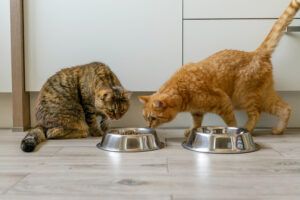
Conclusion:
When it comes to your cat’s nutrition, choosing the right foods is vital for their overall health and well-being. Incorporating high-quality protein sources, such as lean meats, poultry, and fish, along with other nutritious foods like eggs, pumpkin, and blueberries, can provide essential nutrients to support their immune system, digestion, and overall vitality. Remember to consult with your veterinarian at Petinary Clinic for personalized dietary recommendations tailored to your cat’s specific needs. Together, we can ensure your feline friend leads a happy and healthy life.
For more information or to schedule an appointment with Petinary Clinic, please visit petinaryclinic.com or call (608) 255-1239.
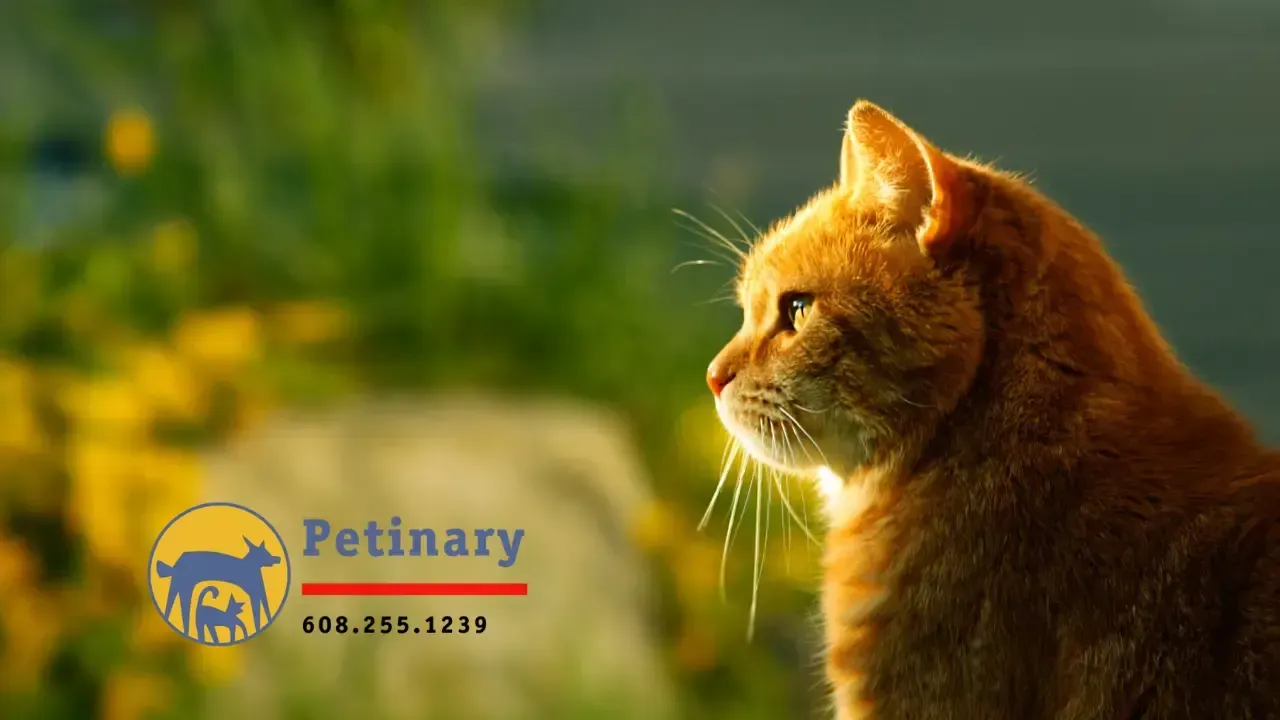
Understanding the Risks Associated with Outdoor Cats and the Vital Role of Your Trusted Veterinarian
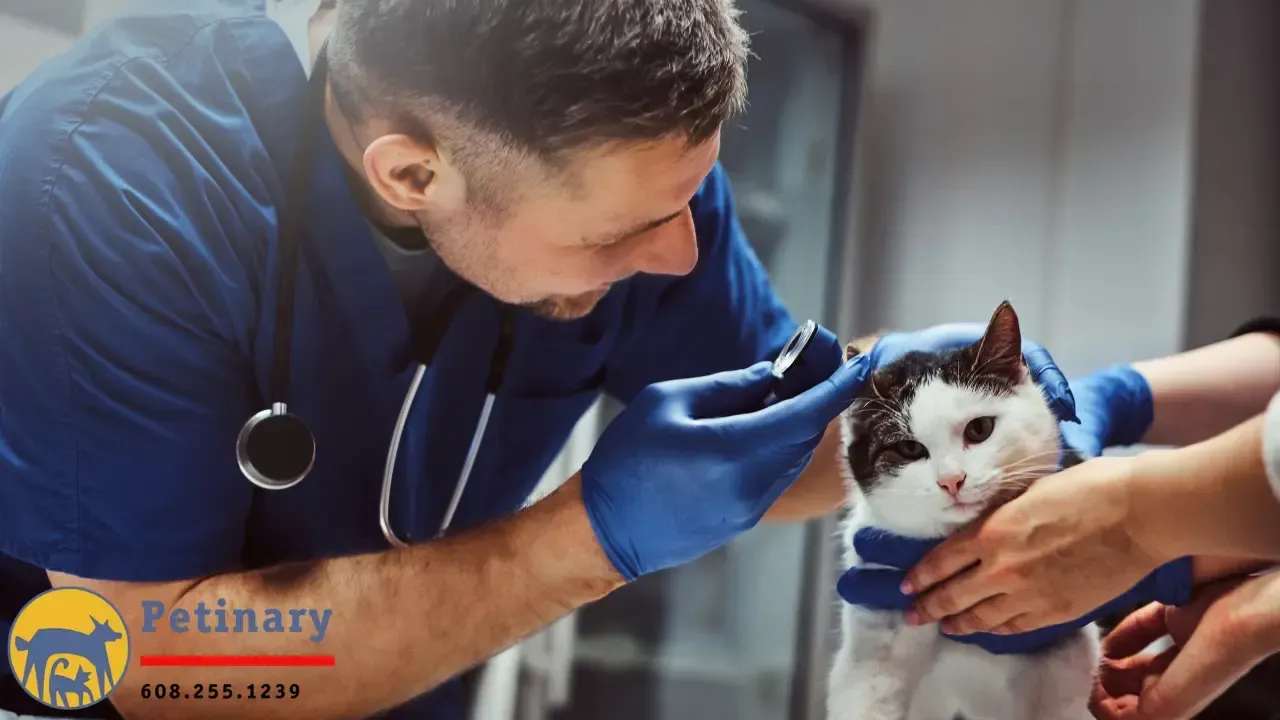



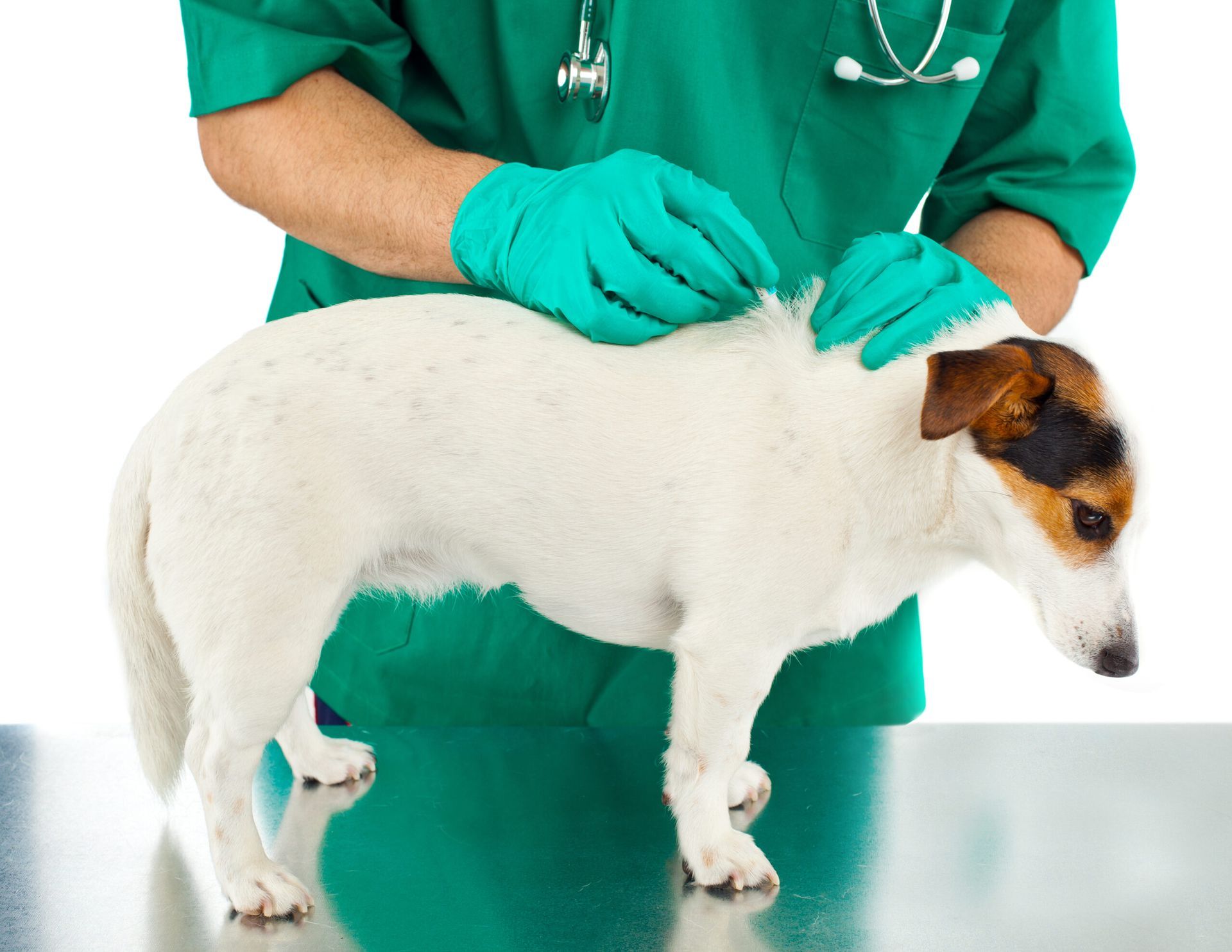

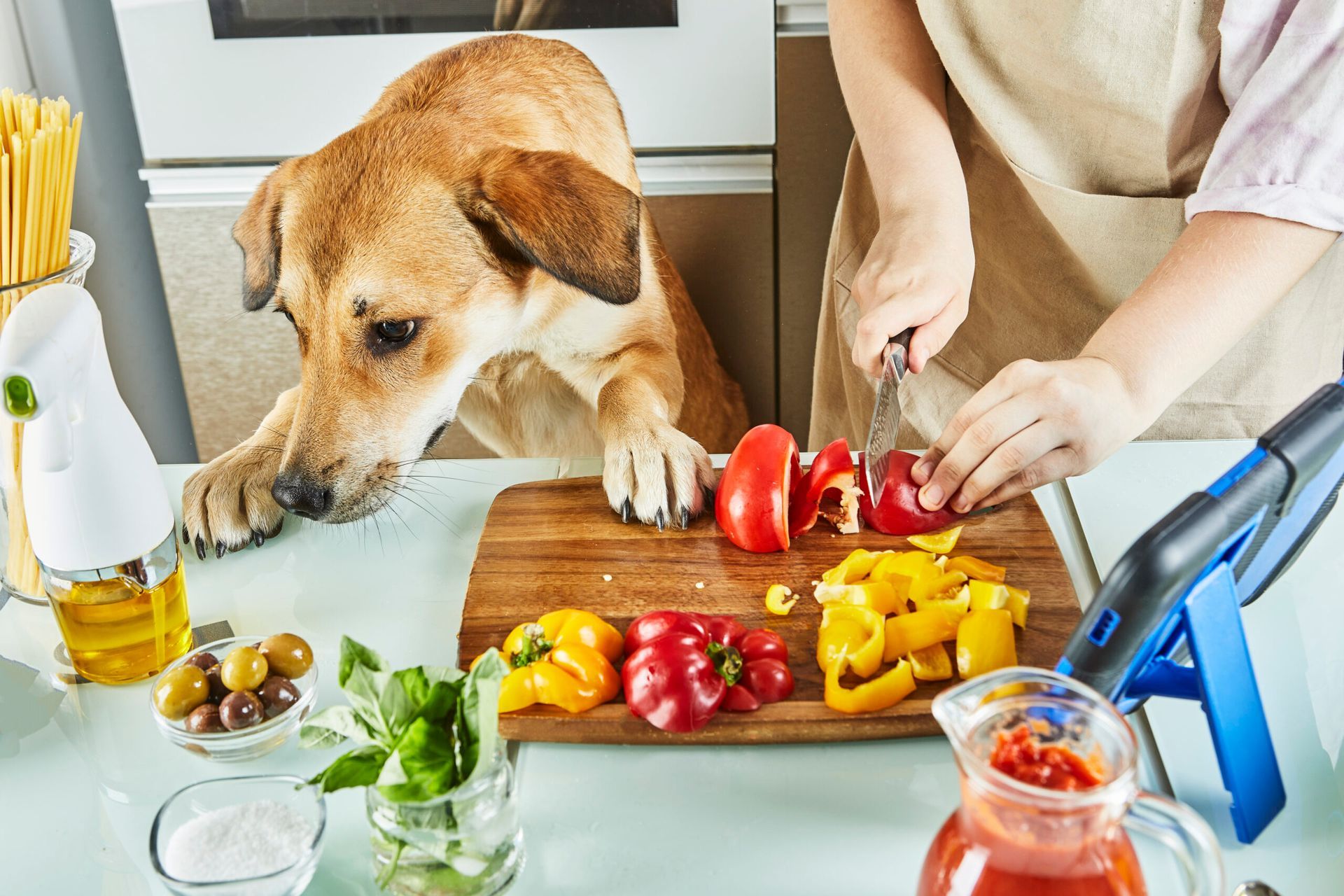

Visit Us
Business Hours
- Mon - Fri
- -
- Saturday
- -
- Sunday
- Closed
All Rights Reserved | Petinary
